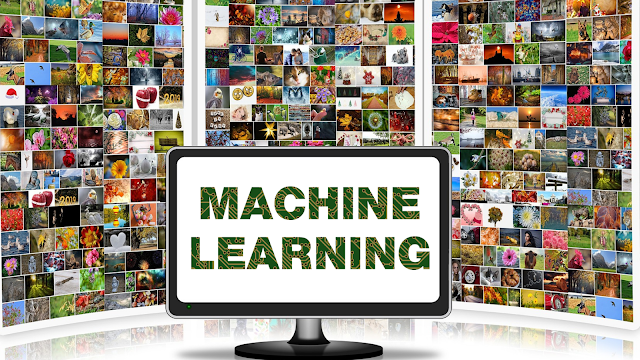RISE OF ARTIFICIAL INTELLIGENCE IN INDIAN TRAVEL INDUSTRY
To plan a perfect trip, a substantial amount of preparation is needed. Many components that require extensive research are involved in making a memorable tour:—
- Finalizing the
destination
- Finding a hotel that suits
your budget & location.
- Looking for a flight with
the cheapest fare.
- Comparing the rates.
- Designing the most suitable
itinerary.
- Choosing a reliable transport service provider.
No matter how comfortable you feel getting these tasks done offline with the help of human interaction, an AI-enabled travel system enables you to get the best online deals with highly personalized suggestions.
AI products will soon be the future of the Indian travel industry.
Without going into the tech side of the topic, let’s look at some basic
concepts that will help us to understand the idea behind the new revolution
that will alter our decision-making and purchasing behavior while making online
bookings.
AI (Artificial Intelligence) is a computer science field that explores
how machines can be taught to think and behave like a human being. It is
often used to make machines perform cognitive" functions related to the human mind such as problem-solving.
Machine Learning (ML) is about creating models that, based on training data, predict the outcome with high accuracy. It helps machines to boost their accuracy using statistical techniques, as more data is provided into the system. It is a branch of AI.
Machine learning is the technology that drives many of the services you use today, such as Netflix, Expedia, Kayak, and Google. These platforms are based on recommendation systems that are designed to read patterns.
MIT Technology Review defines the process in a very simple term: find the pattern, apply the pattern.
Each platform gathers quite enough information about your preferences -what links you click, what updates you like, type of movie you watch, or type of hotel you stayed in last time. They use the ML algorithm to predict the next stuff you would choose.
How ML is influencing travel industry?
I would say –predictions and recommendations. Here are the most widely known uses of AI in the Travel Industry: -
AI-Based Customer Service
AI can extract data from multiple sources, it enables machines to take
into account information such as geographical area, experiences, or personal
preferences to offer customers the most relevant content. As businesses
continue to create more detailed customer profiles to better understand each
customer, they can concentrate more precisely on particular consumer tastes,
personal purchase habits, as well as preferred channels of communication. This helps in providing a more personalized experience.
Chatbots are the one-stop solution for creating AI-based customer
service. It is a program based on artificial intelligence that can mimic a
natural language conversation (or chat) with a user through messaging apps on mobile phones or desktop. It helps to optimize communications between individuals and
service providers, improving the experience of customers. They give businesses
new opportunities by reducing the average cost of customer care and strengthen
the process of customer interaction as well as operational performance.
Recommendation Systems
Recommender Systems are tools that provide suggestions to the user that influences his decision-making mechanism.
It can help you to select which books
to buy, which hotel or flight to book, or even what T-shirt to choose if you
already have picked a pair of trousers.
Techniques used by Recommendation System:
-Collaborative filtering is a method of making automatic assumptions
(filtering) about a user's taste by gathering preference data from multiple
users.
-A summary of the item and a profile of the user's preferences forms the
basis of content-based filtering methods. These algorithms attempt to suggest
products that are equivalent to those that a user has enjoyed in the past or is
currently reviewing.
-A hybrid approach is now used in most suggested systems, incorporating
collaborative filtering, content-based filtering, and other methods.
Predictive Analytics
To predict what will happen in the future, predictive analytics refers to using past data, machine learning, and artificial intelligence.
A mathematical model is developed that takes into account key trends and patterns of historical data. To predict the end result, the model is then applied to current data. The results generated by this model can be used in decision making, analyzing risks, or understanding demands. All businesses may take advantage of predictive analytics to collect consumer data and anticipate the next behaviors based on past activity.
Adopting automation, and transitioning to data science can help the travel sector to survive during and thrive after this pandemic era.


Comments